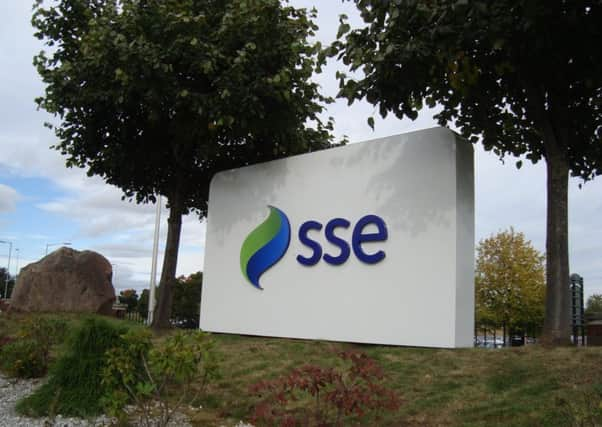Phone fraudsters target SSE shareholders


The warning comes after a retail investor in the Perth-based group said that he had been called by someone claiming to be acting on behalf of a multinational company seeking to gather enough support to mount a hostile takeover of the “big six” utility. The caller said they would be willing to pay up to £35 for his shares in SSE, which are currently trading at £14.65.
William Downie, of Fraserburgh, said: “She sounded American and said she was phoning from New York. I wouldn’t be willing to sell the shares anyway, because they pay a regular dividend.”
Advertisement
Hide AdAdvertisement
Hide AdSSE last week said that it was on track to increase its full-year dividend by at least the rate of inflation, despite flagging lower earnings at its retail gas and electricity supply arm. The group said profits at the division had been hit by its price freeze announced last November, which comes to an end this month when domestic electricity prices rise by 14.9 per cent – equating to 6.9 per cent for a typical dual fuel customer.
The Financial Conduct Authority (FCA), which receives almost 5,000 calls a year from people who think they have been victims of share fraud, said that scammers often cold-call investors after getting their phone number from publicly available shareholder lists.
The FCA said: “If you already own shares in a company you may receive a call from someone offering to buy them, usually at a higher price than their market value. This might sound like a great deal, but will likely come with a request for money up front as a bond or other form of security, which the scammers say they will pay back if the sale does not go ahead. This is probably a scam where you pay money upfront but never hear from them again.”
The City watchdog estimates that as much as £200 million is lost each year via share fraud across the UK. Other scams, often run from overseas “boiler rooms”, see fraudsters cold-call investors and exert pressure on them to buy worthless, overpriced or even nonexistent shares. Those who are targeted may be told they have to make a quick decision or miss out on a deal. Even seasoned investors have fallen victim, with the biggest individual loss recorded by police amounting to £6m.
SSE said it was aware that some of its shareholders have received unsolicited phone calls or correspondence from organisations claiming to have some connection with the firm.
It added: “We advise all SSE shareholders to be very wary of unsolicited advice, offers to buy shares at a discount rate or offers of free reports into the company and would encourage our shareholders to review the advice on unsolicited calls available on sse.com.”